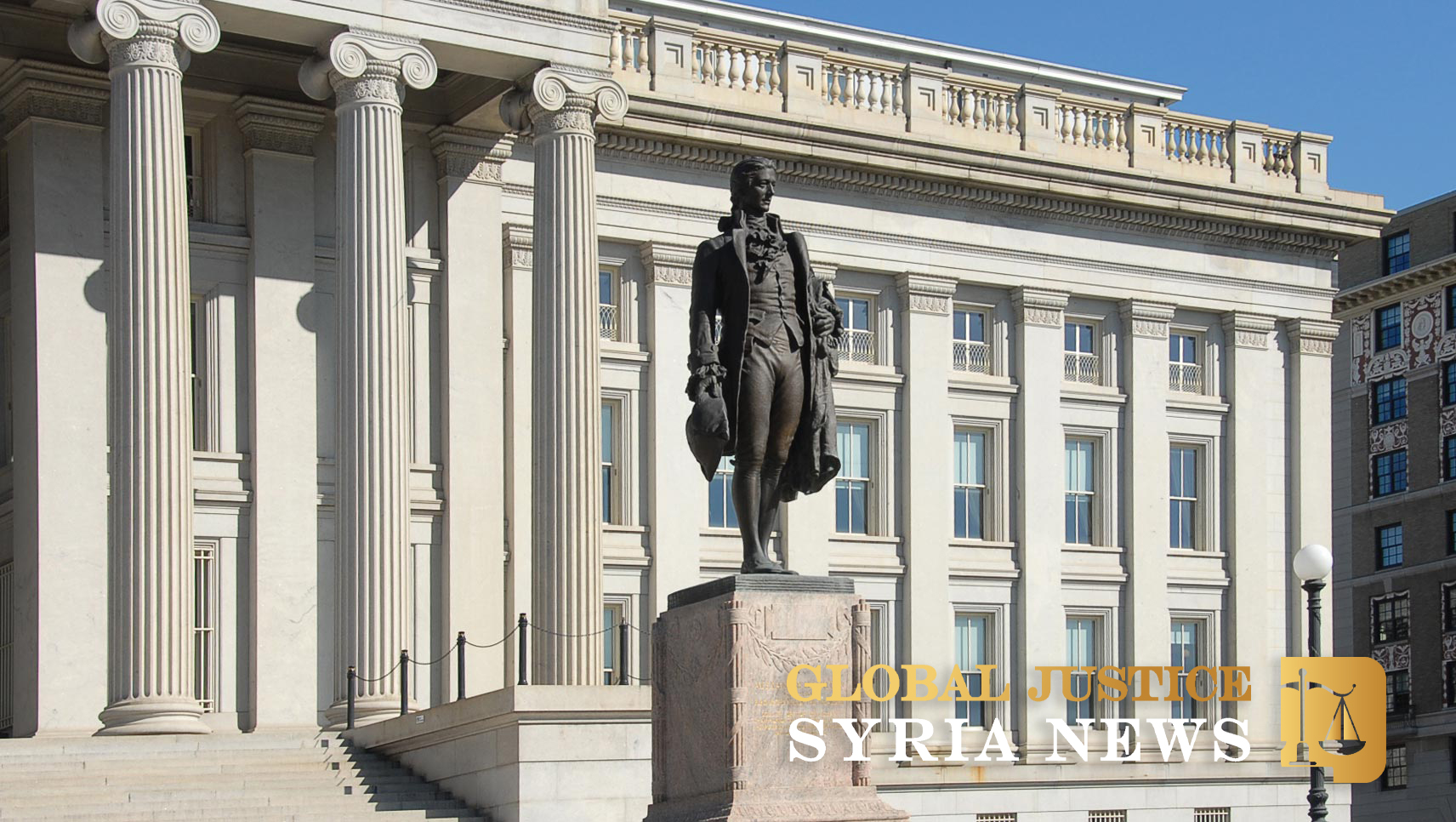WASHINGTON — In a significant move, the U.S. Department of the Treasury has announced the designation of several individuals and companies connected to a Lebanon-based sanctions evasion network that allegedly finances Hezbollah and facilitates the illegal trafficking of Captagon, a highly addictive amphetamine produced by the Bashar Al-Assad regime.
Overview of the Designations
The Office of Foreign Assets Control (OFAC) identified three individuals and four companies involved in this network, which reportedly generates millions of dollars for Hezbollah. Acting Under Secretary of the Treasury for Terrorism and Financial Intelligence, Bradley T. Smith, highlighted the destabilizing impact of Hezbollah in Lebanon and the broader region in statement today. The Treasury’s statement underlines the intention to disrupt the financial mechanisms that sustain such organizations.
Hezbollah’s Role in Syria
Hezbollah’s involvement in Syria is marked by its support for Bashar al-Assad’s regime, contributing to countless atrocities against civilians. The group’s military operations have been instrumental in suppressing opposition forces, leading to widespread massacres that have devastated communities across the country. The financial resources generated through networks like the one targeted today not only fund Hezbollah’s operations but also bolster the Assad regime’s ability to maintain control through violence and repression.
Hezbollah’s Financial Operations
Historically, Hezbollah has employed various strategies to circumvent sanctions, including obscuring ownership of businesses and transferring assets to associates. Key figures recently designated include Silvana Atwi, who has connections to multiple companies facilitating Hezbollah’s financial operations, and Haidar Houssam al-Din Abdul Ghaffar, whose company, Global Tradeline SARL, imports food products while generating profits that reportedly benefit Hezbollah.
This latest round of designations adds pressure to Hezbollah’s financial infrastructure, which has thrived amid the economic instability in Lebanon. The effectiveness of such actions in altering Hezbollah’s operations remains to be seen, especially given the group’s history of adaptation to external pressures.
In support of these actions, U.S. Congressman French Hill stated, “Directly targeting specific sanctions against perpetrators who illicitly trade Captagon are imperative. That’s exactly why it’s crucial that my bill, the Illicit Captagon Trafficking Suppression Act, was signed into law earlier this year. I applaud US Treasury’s action today against Hezbollah and members of the Assad regime per my bill.”
Addressing Captagon Trafficking
The action also targets individuals involved in the Captagon trade, which has evolved into a significant source of revenue for the Syrian regime and its affiliates, including Hezbollah. Khaldoun Hamieh, identified as a drug trafficker with ties to Hezbollah, operates Captagon production facilities in Syria and collaborates with military officials to facilitate trafficking across borders.
The intertwining of the Captagon trade with the Assad regime’s finances illustrates a grim reality: the funds derived from this illicit enterprise are funneled back into a system that perpetrates human rights abuses. As Captagon fuels addiction and societal decay, it simultaneously fortifies the very structures of oppression that have devastated the lives of countless Syrians.
The designations by the U.S. Treasury, while potentially beneficial in terms of disrupting Hezbollah’s financial networks and curbing drug trafficking, raise questions about the broader effectiveness of sanctions as a tool for change. While such actions can serve to highlight illicit activities and impose consequences, their success in achieving long-term change in behavior remains uncertain.



















